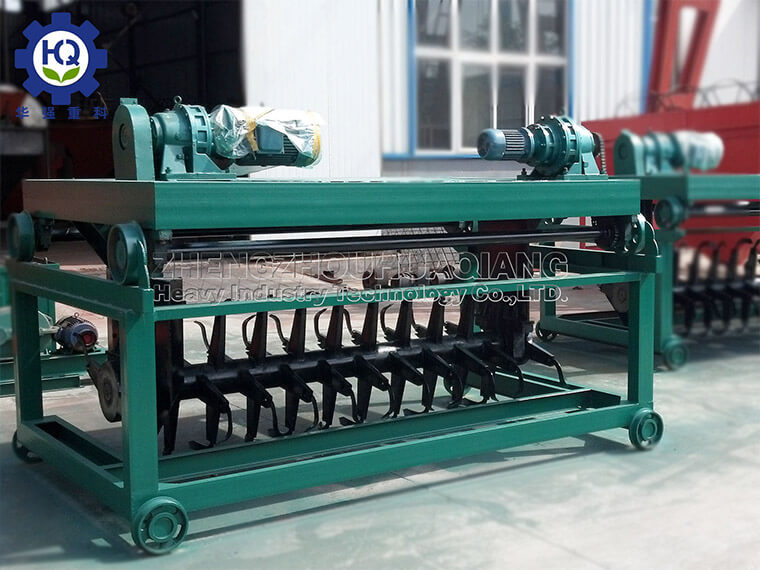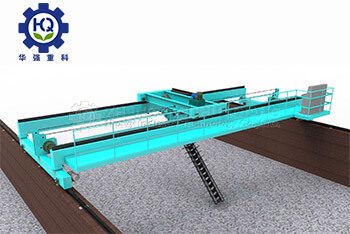The cow dung processing Organic fertilizer equipment is a complete set of equipment that processes Manure with cow dung as raw material. The cow dung in the dung pan can be pumped into the equipment by the cow dung processing machine through the mud pump, and then dehydrated by the equipment. After treatment, the water content is about 40%.
The method of deep processing cow dung into Manure is very simple. First, select a spacious place, pour the ground with cement, then put the cleaned cow dung on the cement ground to dry, and close the surrounding area with a sunscreen to dry; The purchase of Manure treatment equipment can treat cow dung into granules, which is suitable for sowing, transportation, etc., killing two birds with one stone..jpg)
Technological process of cattle manure processing Organic fertilizer production line:
1. Due to the high moisture content of livestock and poultry manure, it is necessary to add crop straw, such as wheat, corn straw, rice straw, peanut seedlings, etc., which are crushed by a straw crusher and mixed with livestock and poultry manure. Hold the livestock and poultry manure in your hand to prevent any leakage of open water.
2. Adding biological strains, the function of biological strains is to quickly heat up, kill harmful bacteria, and achieve deodorization. Generally, after adding biological strains, a temperature of 65 ℃ can eliminate more than 95% of harmful strains. In order to fully ripen and flip evenly, the slot flip machine can perform one flip.
3. At this time, there is animal hair in the fermented Manure, which has a long maturity period, which will affect the granulation effect. At this time, a screening machine is required for screening. In order to protect the environment, a dust cover can be added at this time.
4. Mixing: according to the national requirements for the content of Manure, the content of nitrogen, phosphorus and potassium accounts for 5%. At this time, nitrogen, phosphorus and potassium need to be added, and the mixer needs to be used for mixing.
5. After granulation, the finished product is dried with a moisture content of less than 30% and subsequently packaged for sale.
According to the new national policy, we will accelerate the construction of modern animal husbandry and promote the green development of animal husbandry in the future. Focusing on reducing the generation, harmless treatment, and resource utilization of livestock and poultry breeding waste, we will implement the creation of a demonstration county for green development of animal husbandry, promote the comprehensive utilization of waste throughout the county, and achieve regional agricultural and animal husbandry circulation and zero emissions. Based on the characteristics of small-scale, large-scale, and industrialized livestock and poultry farming in China, adhering to the combination of energy and fertilizer utilization, based on fertilizer utilization, supplemented by energy utilization, and synchronously promoting the resource utilization of livestock and poultry farming waste is the fundamental way to solve the pollution problem of livestock and poultry farming.
.jpg)


.jpg)
.jpg)


.jpg)
